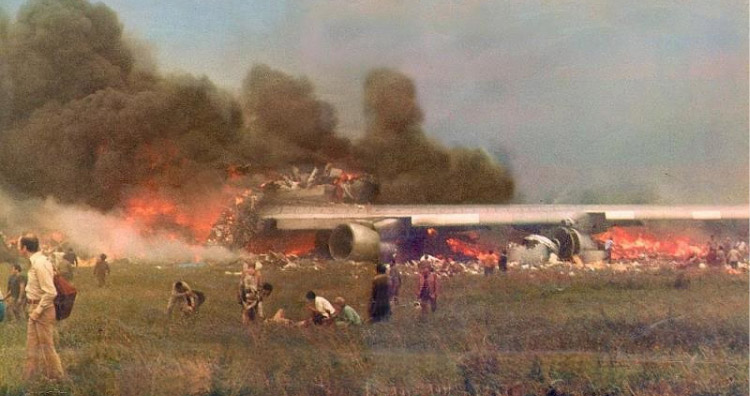10 Aircraft Accidents that Changed Aviation Forever
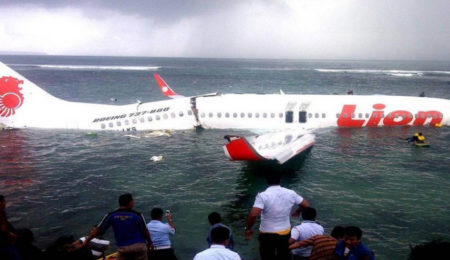
Aircraft accidents are uncommon as the large number of regulations and checks are thorough enough to avoid any type of errors as the risk involved is huge. AÂ great deal of money and resources are put into making sure an aircraft adheres to all the safety standards that FAA and other aviation authorities have in place. But to reach such a point, there have been few air accidents in the past that gave us the insight to come up with new safety requirements. Here are 10 aircraft accidents that changed aviation forever.
1 Tenerife Airport Disaster
On March 27, 1977, KLM and Pan Am flights, both Boeing 747 passenger jets, collided on the runway on the Spanish island of Tenerife. With 583 fatalities, the accident has changed aviation drastically and improved safety standards. The accident occurred due to mutual misunderstanding during radio communication and low visibility due to weather conditions.Â
The Tenerife accident is one of the deadliest aircraft accidents that resulted in many changes in the safety regulations in the aviation industry. The disaster resulted in 583 fatalities as two aircraft collided on the same runway, but rescue operations occurred only on one aircraft as nobody noticed the second aircraft burning until 10 hours later because of poor visibility.
The disaster had a lasting effect on the aircraft industry. The primary cause of the accident was ruled that the Captain of the KLM aircraft misheard his clearance to take off from the Air Traffic Controller. This made the aviation industry start using standard phrases in radio communication. The aircrew and controllers should not use the word “takeoff†until the clearance is given by the ATC. They are only allowed to use the word “departure†up until then. The air traffic instruction cannot be anymore acknowledged by the word “Okay†or “Roger,†instead it has to repeat the key parts back to show complete understanding. (1, 2)
2 Trans World Airlines Flight 800 CrashÂ
The TWA 800 crash into the Atlantic Ocean on July 17, 1996, was the third-deadliest crash in the aviation industry. It killed all 230 people on board. Initial speculation was a terrorist attack, but after investigation, it was found that it was due to a short circuit in the fuel tank that caused an explosion. Many fuel-tank- and wiring-related safety rules came in place after this incident.Â
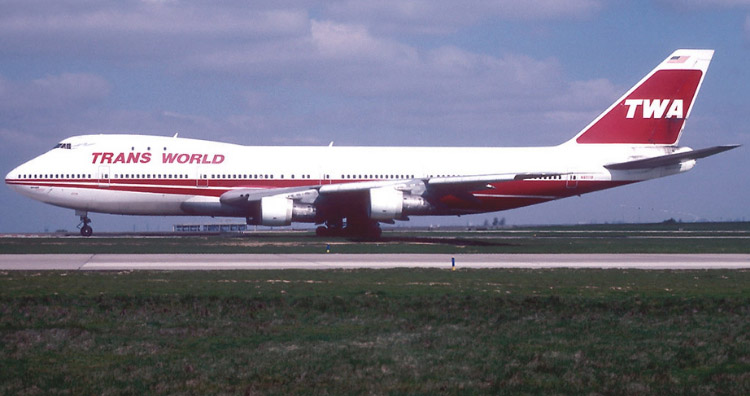
The flight was bound for Paris when it exploded, and the wreckage fell into the Atlantic. Investigators recovered around 95% of the aircraft. Though the investigation found out about the short circuit that caused the accident, even after four years, they could not find the cause for the initial spark. The tragedy was one of the most expensive investigations in the industry.
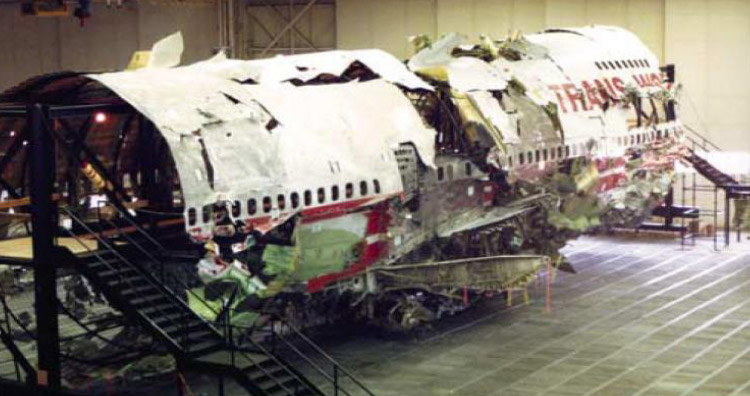
The owners of all 747s were given 90 days to replace the silicon seal pumps. Because the silicone disintegrates, fuel can squirt into the wheel from the center tank. The pump was not recovered in the investigation. Airlines should either install components that can cancel the electrical surge or rewire their plane in a way so that fuel probe wiring is separated from other wires. This important change in the fuel system was mandated after this crash. (1, 2)
3 Pan Am Flight 214
This Boeing 707 crashed near Elkton, Maryland after getting hit by lightning. All 81 passengers on the flight were killed. This was Pan Am’s first fatal crash. The lightning strike ignited fuel in one of the tanks leading to an explosion destroying one wing. The investigation led to new safety regulations and variations in aviation fuels to prevent forming fuel-tank vapors.Â
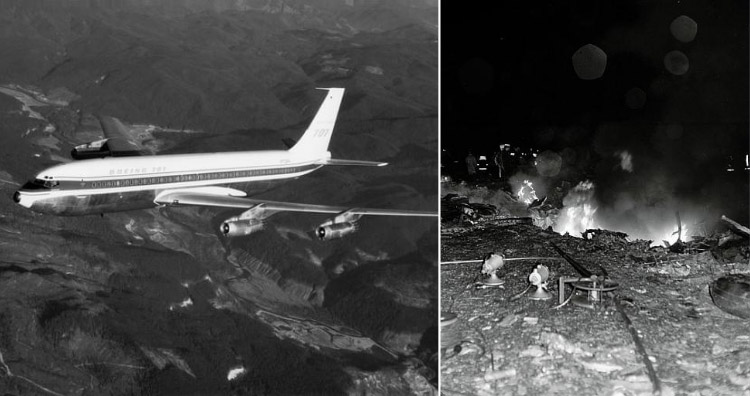
The accident was determined to be a lightning-induced spark with the fuel/air mixture in one of the reserve fuel tanks. The left wing tip had several lightning marks causing extensive damage to the wing cap and top-wing skin. The crash killed everyone on board and scattered many of the bodies over the crash site. It was the first crash for the airline after it was introduced five years before.
At the time of the incident, only rudimental lightning prevention standards were available. After this crash, more research was done on the effects of lightning on aircraft. The accident was the catalyst for many developments in safety regulations. It also led to testing standards and lightning environment studies. It drastically enhanced the safety strategies of commercial aircraft. (Â 1, 2)
4 JAL Flight 123
The Japan Airlines flight crash that occurred on August 12, 1985, is single-handedly the accident with the most fatalities. Unbelievably, 520 people on board the Boeing 747 died due to an explosion due to decompression caused because of an incorrectly repaired aft pressure head. A safety promotion center was opened to alert employees about airline safety and their responsibilities.Â
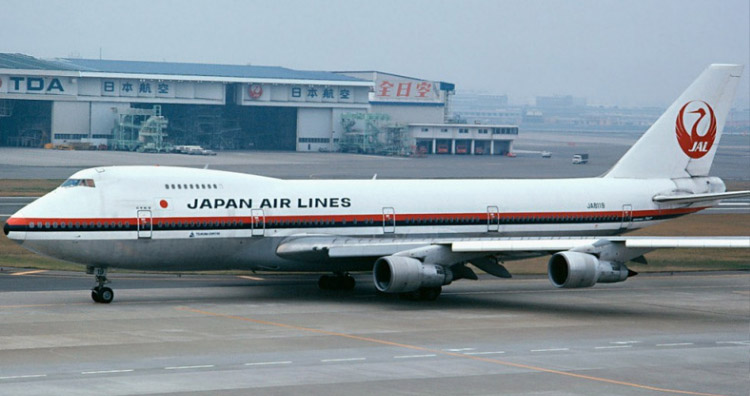
The aircraft crashed into the mountains of Ueno Village killing all the passengers except four who were seriously injured. The aircraft was completely destroyed. The crash site was in a forested area, and a temporary path was constructed to carry out resume operations as well as investigation. The probable cause of the incident was an improperly repaired pressure bulkhead. This was one of the worst aircraft accidents that involved a single airliner.

The crash led to the opening of a safety promotion center that was centered for training purposes for employees to teach them the importance of safety in airlines along with their responsibility to ensure safety. The rear bulkhead issue lead to cabin pressurization and also ripped off a large portion of the tail. Some passengers survived the initial crash but died waiting for rescue. (1, 2)
5 Lion Air Flight 610
On 29th October 2018, a domestic flight operated by an Indonesian airline crashed into the Java Sea 13 minutes after takeoff. This was one of the first major accidents for the Boeing 737 MAX series and killed 189 passengers and crew. The aircraft underwent a worldwide grounding for 21 months when several advisories were not implemented in the aircraft.
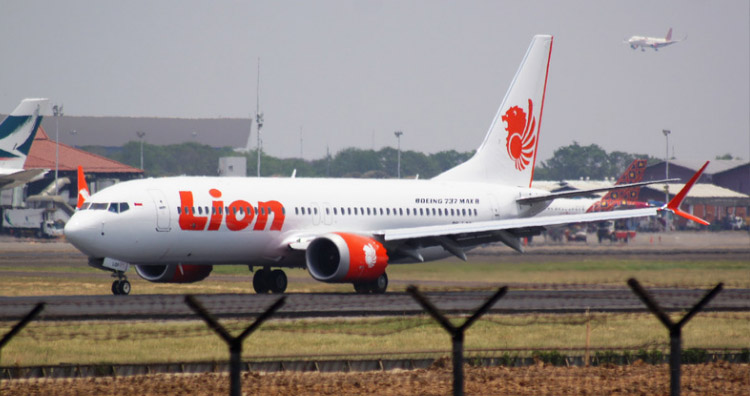
The Lion Air Flight 610 crash is the second deadliest of aircraft accidents in Indonesia. The first victim was only found two days after the rescue operation started. This was the first major accident involving a Boeing 737 MAX. The preliminary investigations suggested that there were serious flight control problems like the angle-of-attack sensor and another instrument failure. There was also a design flaw related to the maneuvering characteristic augmentation system of this new series.
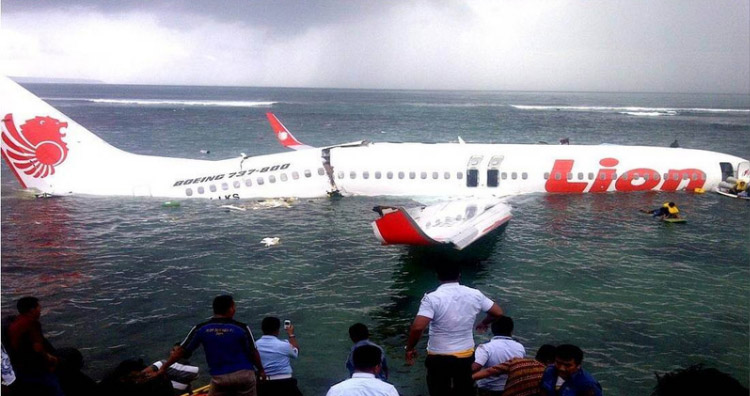
The National Transportation Safety Committee who conducted the investigation submitted a report in 2019 that there were nine factors that contributed to the crash. Boeing also had not provided any instructions on how to handle the situation. Another crash of the same aircraft with Ethiopian Airlines that killed 157 onboard led to the grounding of the aircraft. In 2020, FAA published new requirements for each aircraft as well as guidelines for improving pilot training. (1, 2)














